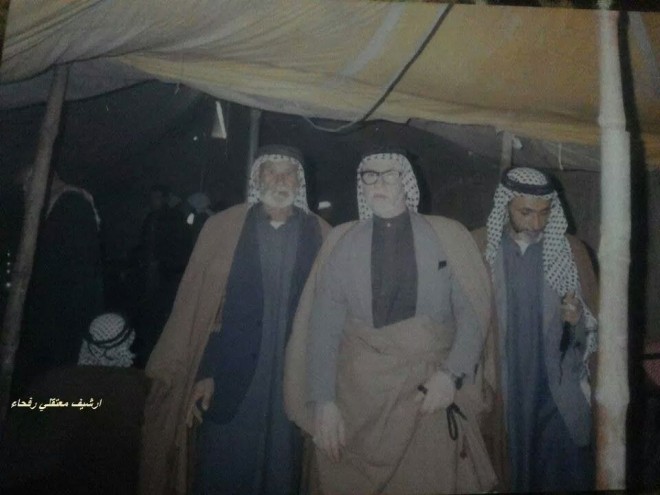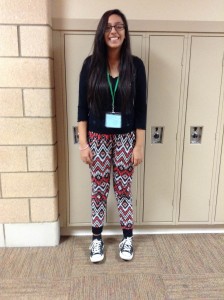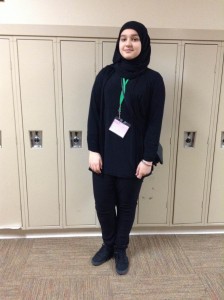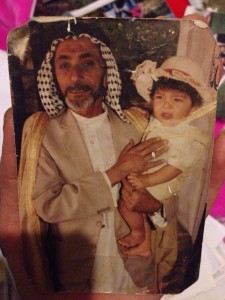
It’s a late night. I’m far away from my family, my friends, my childhood, my country. I’m now a refugee. In 1991, millions of Iraqis escaped Iraq from their dictator, Saddam Hussein. Thousands traveled to Saudi Arabia, hoping to find freedom. By 1994, there were over 100,000 Iraqi refugees living in the the middle of a Saudi dessert.
Being a refugee can be hard, but do you really know how it is like. When asking Fatema Al-Kharashani, eighth grader at Unis Middle School, on how she thought the refugees lived, she said “I think they lived in tents, in the middle of nowhere, and it was very hard.” she also said “They had to deal with the government. They didn’t have as much food and water for everyone.” With a similar answer, Cathey Hamadi, eighth grader at Unis Middle school, said, ”They had to live in tents with no food and water. They were also very sad and dirty.” Unlike Cathey and Fatema, Amanda Naeem counted in the war. “They were hungry and poor. They also were fighting because of war.” After seeing the eighth grade view, I interviewed Rita Salamey, a fifth grader from Ms. Harb’s class. “They lived in small houses, with not a lot of money. They also didn’t have a lot of food.”
Refugees entered America at different years. Some even went back to Iraq after Saddam Hussein’s death. But the real question is, how did they get to America? Some left the refugee camp around the first few years, and some left near the last few years. Sukaina Alabbas she said,”We waited for a long time. Someone used our name so we had to wait even longer. When we were in the plane, it broke down so we were in Paris for half the day and then left. It was harder for us then it was for others since we had 4 little kids and a disabled person.” Alabbas added, “We were in New York for a day then came to Michigan. We lived with a friend for a few months then got a house in Detroit. After a few year with 12 people crammed in a small house, we moved to Dearborn.” Mubarak Alsabkha’s story involved the government. “We were in the refugee camp. The IRS came to the tents and looked through files. They chose by history. They called my name.”
Leaving your home, leaving your family and friends, and leaving your country. The refugee camp was similar to what the students had described. Tents, in the middle of nowhere, with not a lot of food and water. Some left at an early age so it didn’t affect them, like Sukaina Alabbas states, “I was 9 years old so it didn’t really affect me.” But for people like Mubarak Alsabkha, it was a lot harder. “I was 18. I was there for 7 years with no work, no school, and nothing really useful.” When you’re leaving your country, it can be really hard. “We cried a lot. There was a point of time where all we did was cry,” as said by Sukaina Alabbas. But for people like Mubarak Alsabkha, they weren’t too sad. “I was with my friends who lived in the same village. I was sad at first but I got used to it after a few days.”
The refugee life can be sad and happy. Some spent their childhood their, like Sukaina Alabbas, who would rather go back to Saudi Arabia, and some would rather go back to their home towns. Some students know close to what it is like to be a refugee. Refugees to this day exist from wars and terrorist groups, but will it ever end?
Unis Middle School Journalist
Ayat Alsabkha



There is a real justification for something different to the existing right wing Press monopoly. It is a fact that the largest part of the planet’s news provision is controlled by right wing capitalists. Their purpose is to further the cause of capitalism and retain the planet’s gap between wealthy and hardship. Left Insider provides left wing features from reputable sites like Red Pepper and Buzz Feed etc. Everyone has the birthright to maximise our own qualities and we all have the obligation to help others maximise theirs.